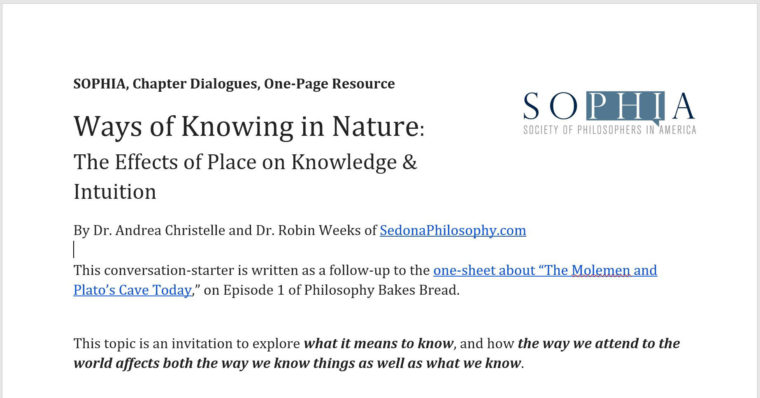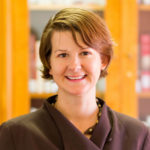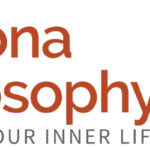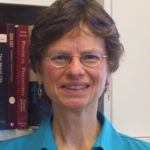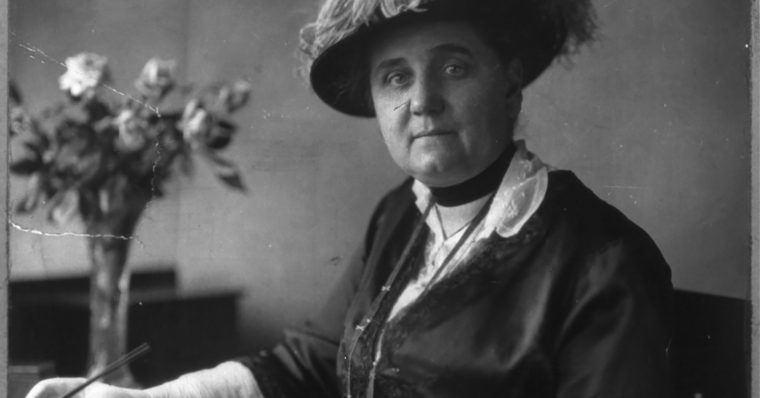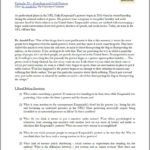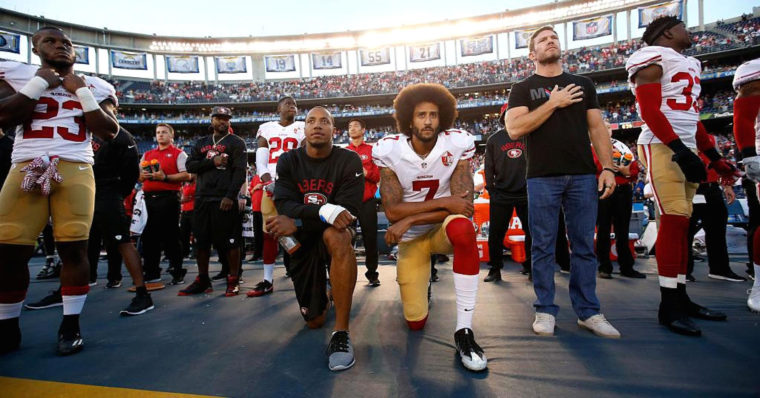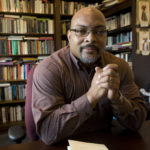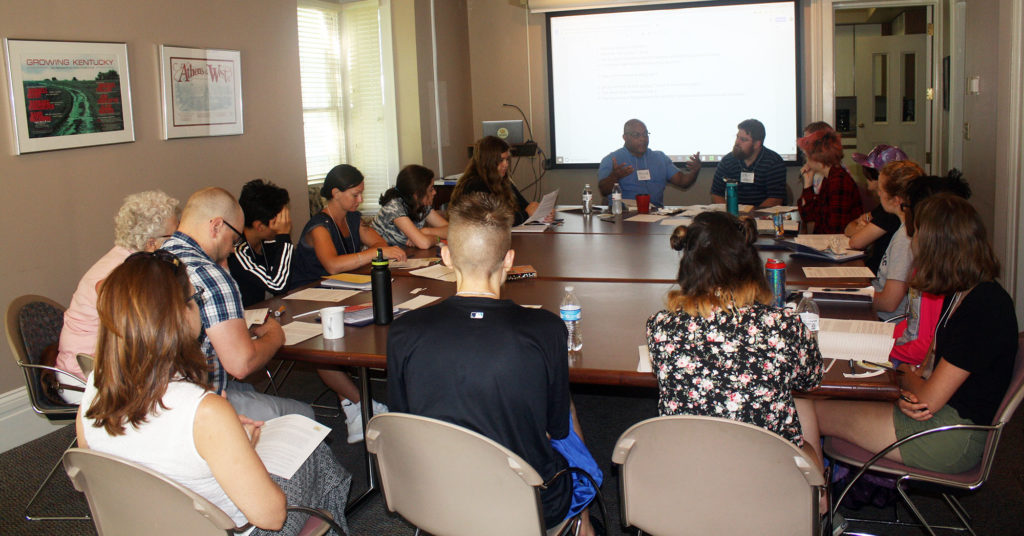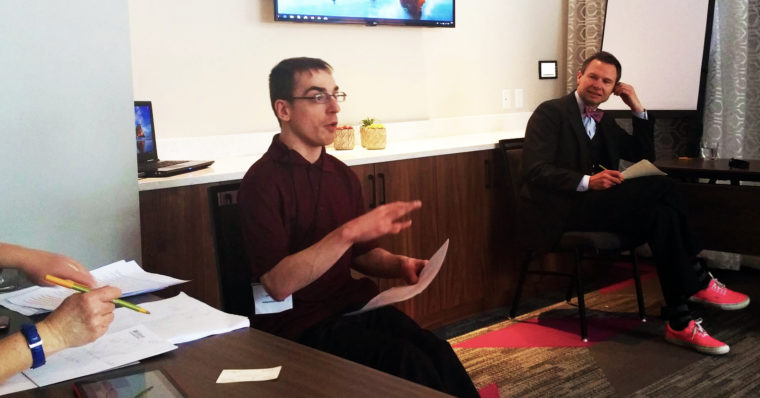Here is the revised one-sheet document that we updated after using the original as guiding conversation starter to talk about “Ways of Knowing in Nature” in our July 2018 online SOPHIA symposium. This document was originally crafted by Drs. Andrea Christelle and Robin Weeks, who work together in Sedona Philosophy. The following is the content of the one-sheet document. You can also open and print a downloadable Adobe PDF version of this one-sheet here or by clicking on the Adobe Acrobat logo on this page.
Ways of Knowing in Nature:
 The Effects of Place on Knowledge & Intuition
The Effects of Place on Knowledge & Intuition
By Dr. Andrea Christelle and Dr. Robin Weeks of SedonaPhilosophy.com
This conversation-starter is written as a follow-up to the one-sheet about “The Molemen and Plato’s Cave Today,” on Episode 1 of Philosophy Bakes Bread.
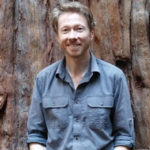
Beautiful places inspire us. People often visit beautiful natural settings to experience a connection to the world and to spend time outdoors. Some people say they come to seek understanding, or to develop a deeper relationship with nature. In this conversation, we will explore how being in nature may affect not just what we know, but how we know, and how this knowledge is connected to science and intuition.
Questions:
1) What do we mean by nature?
2) What does it mean to have a relationship to nature?
3) What is the difference between knowledge and intuition related to nature?
4) What are different ways of understanding and relating to the world when we are in less modified environments?
5) How does a greater connection with nature help us to know ourselves?
6) Is experiencing beauty a way of knowing, and if so, how does it differ from knowledge in the physical sciences?
7) What obligations does the public have to make beautiful environments accessible to all?



